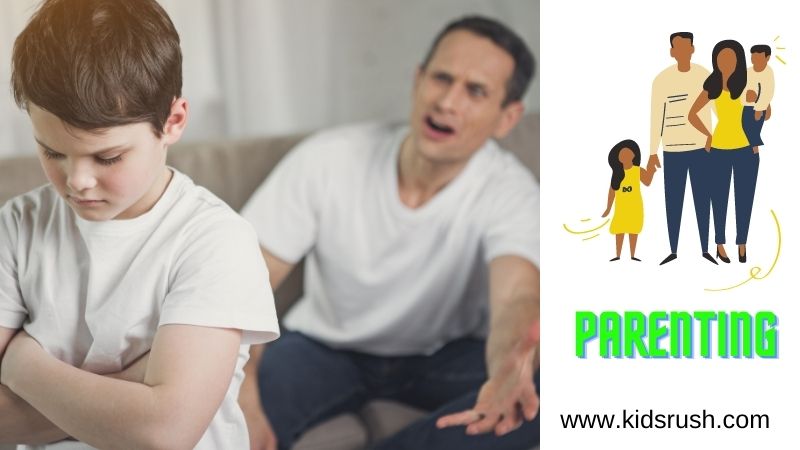21 tips to be a good parent and educate well
Caring for and educating the youngest is not easy. We give you guidelines to do it in the best possible way. Raising a child is never easy. Being a father means taking into account a large number of aspects that can affect how our progeny can develop. Although most parents do the best they can and in most cases end up doing well, it is common to find people with doubts about what they should do to perform their role in the best possible way. In this article, we will tell you tips and good parenting skills to be a good parent.
Educating well: a challenge for parents in distress
In other words, it is not uncommon to wonder what to do to be a good father (or mother). Therefore, in this article, you can find a series of tips to be a good father and provide a stimulating environment and promote proper physical and mental development. This is also the best advice for new parents to follow and implement.
Communicate and listen to your children to be a good parent
Children need to be shown interest in them, they need to feel important to their loved ones. Listening to what they have to say, their experiences, and concerns imply that we care and are interested in them.
Likewise, the adult must also share their thoughts and emotions in a way that manifests trust and allows a close bond. It is very important to talk to the children and not to the children.
Share and spend time with them to be a good parent
The presence or absence of a specific parental figure is a very influential factor in the development of a child.
Even if continuous contact is not possible due to work aspects, the time spent with the children should be enriching and active so that it is experienced as something motivating and exciting. Talk, read, play, teach them things, or go on excursions with them.
Set an example to be a good parent

Being a good parent, it is your duty to set an example for your kids. It’s easy to tell someone what to do, but what you end up learning is what you see others doing. Our children will imitate the behavior they observe at home. We must make our speech and our actions go hand in hand so that the child learns based on coherence.
Likewise, activities such as doing housework, reading, or playing sports are easily carried out if the child observes that their figures of reference usually carry them out.
Show affection to be a good parent
The fact that both parents show affection with their children has been shown to improve the level of happiness and self – esteem of the latter. Expressing your love and affection for your children directly is essential. Causes children to feel accepted and loved.
It is about making them see that they are loved unconditionally. They also learn to show affection towards others and that such expression is not inappropriate or embarrassing.
Set limits
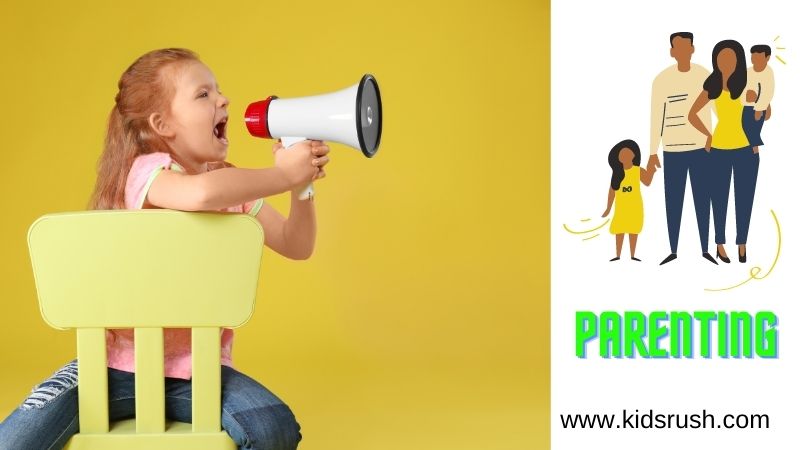
The child must set limits, to know what to do and how far they can go. Being excessively permissive will cause you to have no pattern by which to guide your behavior.
Don’t compare him to others
Making comparisons with other people can make the child think that he is not good enough or that he is appreciated or should appreciate himself based on what others have or do. Also, this harms the parent-child relationship, as well as it can harm the child’s possible relationship with the person with whom it is compared.
Praise their achievements to be a good parent
Very often people highlight the bad things that others do, while when they do something well, we usually consider that what was due has been done and no mention is made of it.
It is important for a child that when he does something well or meets a goal or achievement it is praised and celebrated by the parents. In this way the child sees his good behavior reinforced. This is one of the most useful tips to be a good parent to enhance children’s learning.
Don’t overprotect him: give him space
A typical mistake of many parents is the idea of continuously protecting their child, trying to limit possible situations that could harm him. But overprotection does not allow the individual to learn and grow and makes it difficult for them to be able to make their own decisions. Let him fall and make his own mistakes.
Avoid stiffness to be a good parent
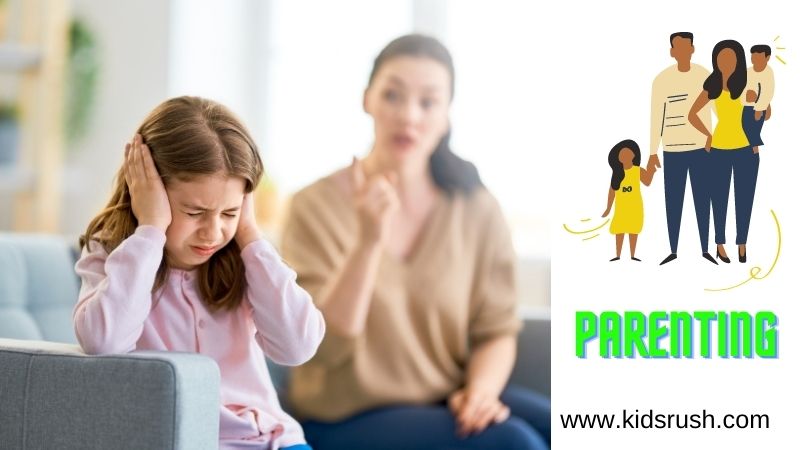
An overly rigid educational style can lead to fearful and insecure thinking and behavior, exaggerated reactivity, or inflexible and limited behavior.
It is necessary to present certain flexibility to show that things can change, that there are different points of view. The reasons for the decisions must be explained to them. It is about providing limits and a certain order but without becoming a tyrant.
Be interested in their vision of the world
They may not have an adult’s level of understanding of the situation, but children also generate their own opinions about the world. Asking for their opinion allows us to get to know our child better and can serve to clear doubts and fears in the minor, in addition to making them see that their opinion is important and valid.
No to overstretching
Losing your temper and yelling at your children is not such cool as you think. It is positive to believe in the possibilities of our children and motivate them to act and maximize their potential. However, we must be careful not to demand too much and too fast. Each person advances in life at the speed that they can, and if it is demanded in excess it can end up blocking and/or causing frustration and the feeling that nothing they achieve is enough.
Don’t yell at them to be a good parent
Don’t yell at them to be a good parent [Kids Rush Images]
Sometimes the behavior of children can have negative effects and cause us a certain level of anger. However, their misbehaving is no reason to yell at them. The yelling is a humiliating and painful act for them and does not fix the situation. It is preferable to calmly explain why their actions are not correct and what results in it has, including possible punishments.
Answer your questions
Childhood and adolescence are times in which the youngest begins to observe different aspects of reality, discovering a large amount of information. The world is complex and what we observe can generate a lot of doubts. Answering them supposes increasing the information of the progeny regarding the different aspects of reality, at the same time that it allows a greater connection with them.
Do not repress their emotions or yours
Suppressing emotions, whether the child’s or your own, can cause the child to see them as a weakness or something aversive that must be hidden. It is highly recommended to help their expression both directly and indirectly (through drawings or games).
For example, if someone close to you dies, it is not bad to cry in front of the minor, since this teaches them that it is not bad to express sadness. This is necessary both for positive emotions such as joy or love and for negative emotions.
Watch your expectations
It is logical that when a child is born, his parents think about what he will be like when he grows up and how they would like him to live life. However, we must be careful not to set our expectations too rigid.
You and your children are not the same people. We should not try to get them to live the life that we wish we had lived, but rather support them to live the life that they want to live.
Be consistent to be a good parent
Ambivalence in the treatment of the minor, in the application of norms or the fact of not having established limits, supposes a high level of confusion for the developing child.
If you punish him for something but then buy him a toy to make him happy, you provoke a mixed message in which he will not know if something is right or wrong. The same happens if the rules change depending on who obeys them. It is necessary to have coherence when acting.
Admit your mistakes and accept them to be a good parent
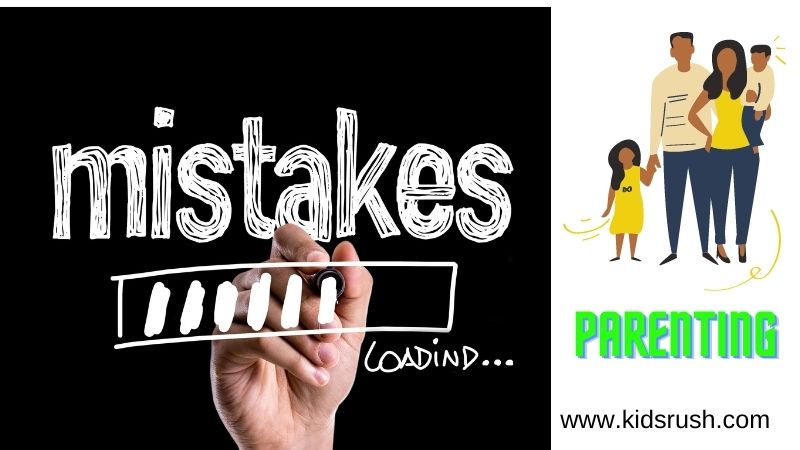
We may be tempted to be heroes to our children, someone who is never wrong and does everything right. However, everyone makes mistakes. Recognizing them means that the child can see the error, not as something shameful but something from which it can be improved.
Explaining the error and why it is an opportunity for learning and acquisition of values such as honesty. In the same way, it is necessary to accept that children make mistakes and not criticize or shame them for doing so but understand and support them.
Create a respectful family climate
The correct development needs to be able to have an adequate family climate that generates positive stimulation and allows the acquisition of confidence and different values. This implies that we not only have to focus on the child as a being but also on the environment that we are offering him.
The bond between the parents, their social life, and participation in the community are aspects that somehow will end up being engraved on the child’s mind.
Educate your children to be a good parent
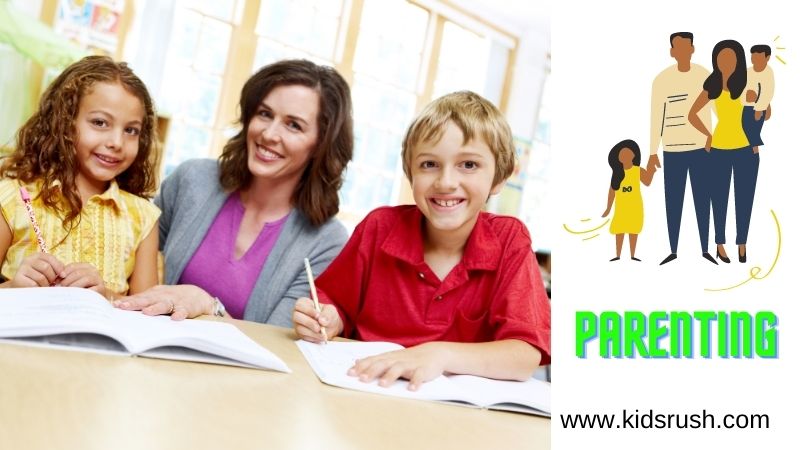
It may seem like a no-brainer, but it is important to be involved in your children’s education. Showing them a way of seeing the world, teaching them to act and how society and the environment that surrounds them works, establishing limits, and transmitting norms and values such as respect, tolerance and coexistence are elements of great importance with a view to efficient development and adaptive child.
Don’t get obsessed with being a perfect parent
Although these tips are designed to reflect and visualize different important aspects of the education of a child, we should not obsess over the idea of doing everything right. There will be times when you feel bad, you lose your patience, you do not realize that something is wrong with your child, you cannot be present or for some reason, you make different mistakes.
Thinking that we must always be perfect is harmful since spontaneity is lost and gives the appearance of being something forced, thereby reducing credibility. Also, the idea is transmitted to the child that we must always be exquisite in our dealings with others, which can cause them to be excessively demanding in their relationships both on their part towards others and vice versa.
Being a father is forever
Being a parent is something for life. It is not something that we can leave when we want or something that has an expiration date when, when the child reaches the age of majority. Our adult children may not depend on us in the same way as in their childhood, but we must always be available to them. Published by kidsrush.com

